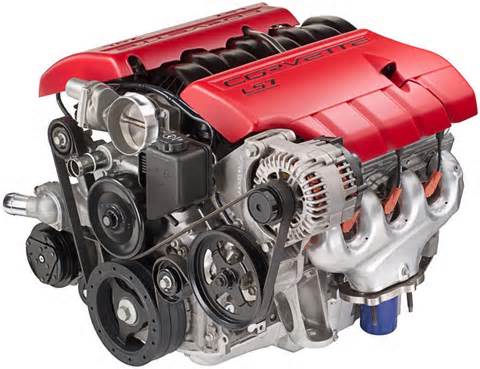Prolonging the Inevitable: How to Get By When Your Car is About to Throw a Rod
Once an engine starts to knock, the rod can fracture without warning. It could be the next time you start it in your driveway, or it could keep going for six months. Eventually though, the engine will blow and you’ll be stranded somewhere.
But if you are careful, there’s a way to nurse the engine along for quite a while and forgo replacing the car immediately. Here’s a chance to cheat fate.
How are you supposed to react when a service advisor tells you that your throttle body needs to be cleaned at a cost of $80? Or that your intake manifold is so dirty that it is causing performance loss and poor fuel economy?
A piston rod is the connecting arm between the piston and the crankshaft, riding on a hefty set of roller bearings. The bearings are made in layers of different materials, starting with a shiny iridium surface that is applied over a soft metal called babbit compound.
Once the babbit compound is worn off, the hard steel bearings will quickly cut into the crankshaft surface and create a knocking noise. At the same time, the oil pressure inside the engine drops sharply, because the loose bearings allow too much oil to escape from the oil distribution channels inside the crankshaft.
So, the first job in slowing down the deterioration is to thicken your oil viscosity and boost the oil pressure inside the engine. You’ll know if it is working because it should quiet the knocking.
Auto parts stores are full of products that thicken oil. The most well-known one is STP Oil Treatment, but there are plenty of others. Start with one can and then add a bit more if that doesn’t help. Once the oil is thicker, you need to exercise some caution on cold starts, allowing the engine to warm up before driving off.
A second important step is to accelerate more slowly. The maximum stress on a worn piston rod occurs during heavy acceleration, so have a very light foot on the pedal and hold down your top speed on the freeways.
Finally, keep your oil clean because the engine is likely to be contaminated with metal particles from the deteriorating bearings.
You may decide to bail out of the car before it fails. If so, you could sell the heap to a junkyard. Or you could donate it to a school that needs cars for students to work on. A tax deduction may be worth more than what you could get from a junkyard.

Prolonging a Dying Engine’s Life
by
Tags:

Leave a Reply